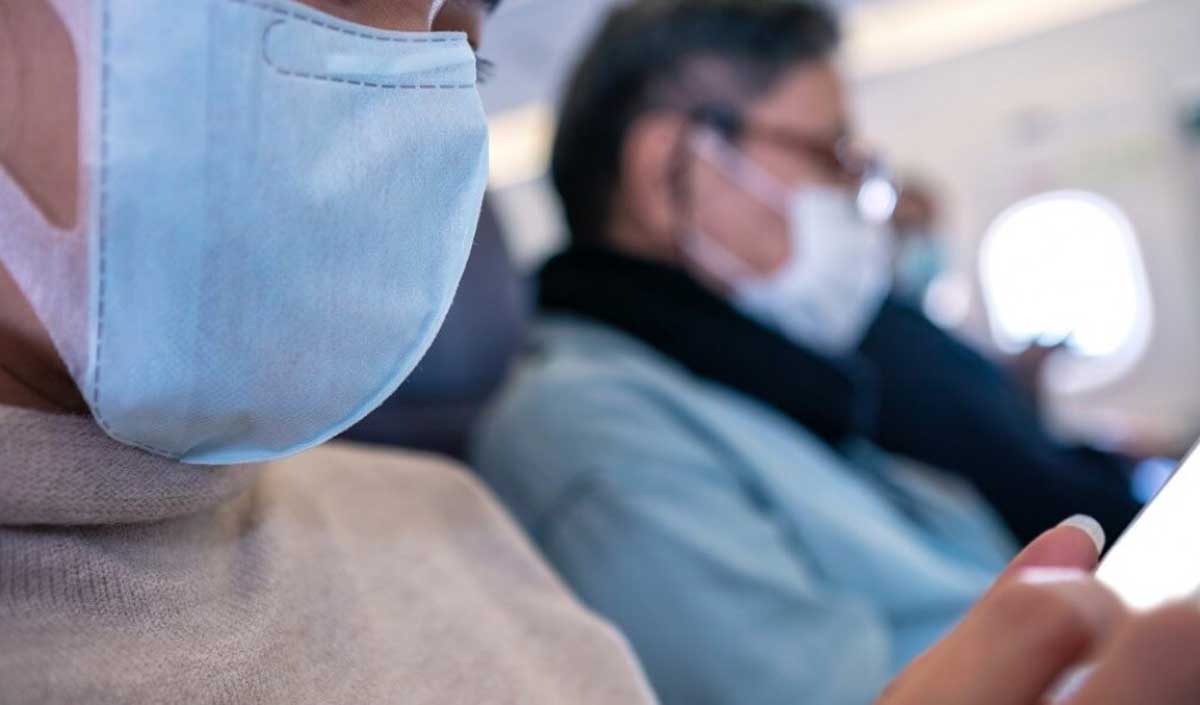The European Union is taking the first steps to ease the measures against Covid-19 in air transport. The EU Aviation Safety Agency (EASA) and the European Center for Disease Prevention and Control (ECDC) last week recommended lifting the requirement to wear face masks on planes.
This recommendation is based on the latest data on the development of the pandemic, in particular the high levels of vaccination and naturally acquired immunity and the subsequent lifting of restrictions against Covid in a growing number of European countries.
In addition to changes to masks, EASA and ECDC recommendations include relaxing the most stringent measures that still apply to air travel. This recommendation “will help ease the burden on the industry while maintaining adequate protection,” they said in a statement.
“It is a relief to all of us that we are finally at the stage of the pandemic where we can begin to relax health safety measures. For many passengers, as well as crew members, there is a strong desire that face masks will no longer be mandatory on air travel.” , said EASA director Patrick Key.
However, Kai made it clear that “passengers must continue to comply with their airline’s requirements and, where preventive measures are not necessary, make responsible decisions and respect the choices of other passengers.”
“In particular, a passenger who is coughing and sneezing should seriously consider wearing a face mask for the peace of mind of those sitting nearby,” he said.
ECDC director Andrea Ammon said that even if their use is no longer mandatory, masks remain “one of the best ways to reduce transmission.” Ammon insists that the rules and requirements of the states of origin and destination must be respected and applied consistently. In addition, airlines must inform passengers of any necessary measures.
New guidelines for the use of face masks will come into effect on May 16, 2022. However, specific measures will vary by airline and after that date. For example, flights to or from a destination where face masks are still mandatory on public transport should continue to encourage their use as recommended.
Vulnerable passengers should continue to wear a face mask regardless of the measures taken, ideally a FFP2/N95/KN95 type mask which provides a higher level of protection than a standard surgical mask.
Passengers are also advised to comply with room spacing measures wherever possible, including at the airport. However, airport operators should take a pragmatic approach in this regard: for example, they should avoid imposing spacing requirements if they are likely to create bottlenecks elsewhere along the passenger’s journey.
While many states no longer require passengers to provide data through the passenger locator form, airlines should maintain their systems for collecting this information so that it can be made available to health authorities if necessary. For example, in the case of the emergence of new and more dangerous options.

